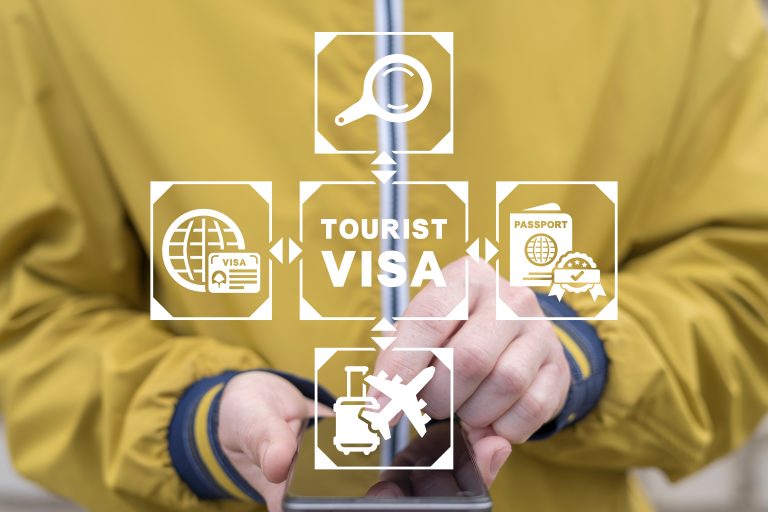The UK government has announced that, by April 2025, all visitors who do not require a visa will need to obtain an electronic travel authorisation (ETA) before travelling to the UK. This is part of a broader effort to digitise the UK’s border and immigration system, making the process more secure and efficient.
The ETA requirement will apply to anyone wishing to travel to the UK, except British and Irish citizens. Travellers will need to obtain permission in advance of their visit, either through the ETA system or, in cases where applicable, an eVisa.
The government has set clear dates for the rollout of the ETA scheme. Beginning on 27 November 2024, non-European nationals from eligible countries can start applying for an ETA, which will become mandatory for travel from 8 January 2025. European nationals will be able to apply for an ETA starting on 5 March 2025, with the requirement for them to hold an ETA coming into effect on 2 April 2025.
The ETA system, which will be digitally linked to a traveller’s passport, aims to enhance security by allowing for more comprehensive checks to be carried out before individuals embark on their journey to the UK. This new process is designed to prevent abuse of the immigration system and ensure that only authorised individuals are permitted to enter the country.
An ETA will cost £10 and will allow the holder to make multiple trips to the UK over a period of up to two years or until their passport expires, whichever comes first. Visitors will be able to stay in the UK for up to six months per visit under this authorisation.
Information about ETA eligibility is now available on the UK government website. The application process itself is intended to be straightforward, with travellers able to apply using the UK ETA app, which offers a quick and convenient method to obtain travel authorisation. Visitors from Gulf Cooperation Council (GCC) countries are already required to obtain an ETA to travel to the UK.
The introduction of the ETA brings the UK in line with border security measures adopted by other countries, such as the US and Australia, where similar systems have been in place for years. The UK government sees this as a critical step in bolstering national security while maintaining the smooth flow of international visitors.
Seema Malhotra, the Minister for Migration and Citizenship, emphasised the importance of this initiative: “Digitisation enables a smooth experience for the millions of people who pass through the border every year, including the visitors we warmly welcome to the UK who are predicted to contribute over £32 billion to our tourism economy this year.
“The worldwide expansion of the ETA demonstrates our commitment to enhance security through new technology and embedding a modern immigration system.”
The introduction of ETAs is just one part of the UK government’s wider digitisation efforts. Visitors and residents requiring a visa to live, work, or study in the UK are now issued with an eVisa, which serves as a digital record of their immigration status. This system replaces traditional physical documents such as biometric residence permits (BRPs) or visas, which could be lost, stolen, or tampered with. With eVisas, individuals can prove their immigration status digitally, streamlining their experience.
The government is urging current BRP holders and those with visa vignette stickers in their passports to transition to an online account that gives access to their eVisa. BRPs are set to expire by 31 December 2024, and the government is advising affected individuals to take action well before this deadline to avoid any disruption. Moving to the eVisa system will not change a person’s immigration status but will provide a more secure and efficient way to manage personal information and prove their rights to live, work, or study in the UK.
To support this transition, the government is providing extra assistance to vulnerable individuals who may need help moving from physical documents to the digital eVisa system. This initiative is part of a broader effort to modernise the UK’s immigration services and ensure that individuals can manage their immigration status with ease.
The government is also working closely with international airline, maritime, and rail carriers to ensure the smooth implementation of the ETA system and the wider digitisation programme. These transport providers play a vital role in facilitating travel to the UK and will be key partners in making sure the new system is successfully rolled out without major disruptions to travellers.
As the UK moves forward with this digital transformation, the ETA scheme is expected to provide a more streamlined, secure, and efficient experience for millions of visitors each year, contributing to both the economy and the country’s safety.



